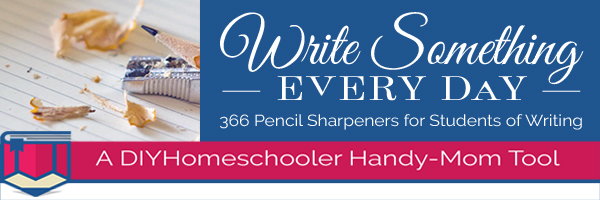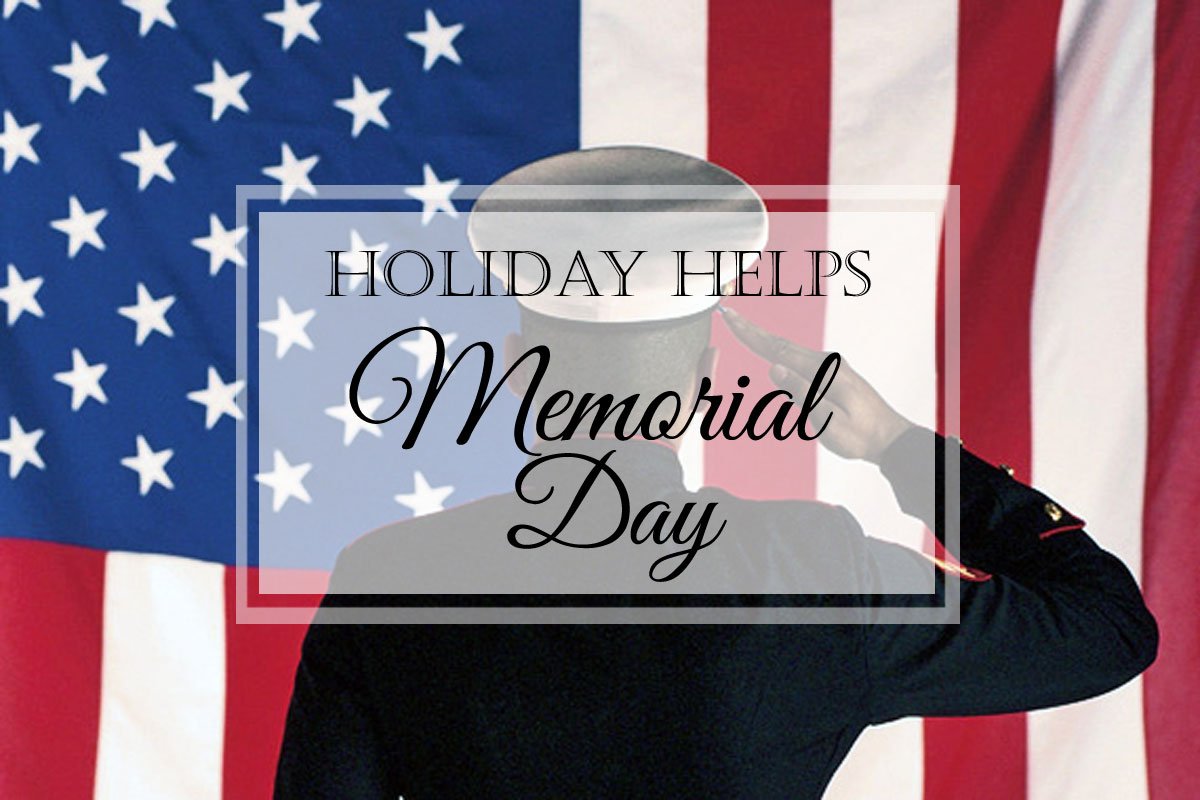
On April 14, 1828, an arduous undertaking was completed, one which would impact the way the American people would write, speak, and even think for years to come. It took over twenty years to finish, but at last Webster’s American Dictionary of the English Language was brought to publication.
Why Webster Compiled a Dictionary
- What could have compelled Noah Webster to begin such a laborious task?
- Why did he struggle on for so many years against a lack of interest, support, and funding?
- Why was he not content to amend the dictionaries already existing in his day?
- Why did he decide to learn over twenty different languages and delve into the deepest recesses of etymology?
To state it simply, he was forging a new language, one that was distinctly American.
As far Americans were concerned, the days of British aristocracy were over. There was no longer any use for the dictionaries reminiscent of those days, with their government-related definitions based on a monarchical system and their complex spelling system propagated by the British elite.
Furthermore, the young country was thriving. New inventions and discoveries were multiplying rapidly, necessitating a equally rapid expansion in vocabulary.
Americans weren’t sitting in armchairs leafing through ancient volumes. They were building, experimenting, creating, investigating; they were doing. As useful as they might find the definitions of archaic words, what they really needed was the vocabulary of the innovators of their own time and place.
But an updated word list was not all that they needed.
Webster was immensely concerned with the countless little inconsistencies and irregularities in spelling, pronunciation, and usage that were cropping up all over the country.
A people so diverse and scattered over so broad a territory would naturally lapse into a thousand and one different dialects if no one intervened.
America was the country of the future, and therefore Webster was sure that American English was the language of the future, the means by which knowledge and Christianity would be spread in the years to come. But that would only be possible if the language could be easily learned.
To facilitate that purpose, consistency was absolutely necessary.
The Initial Reception

And so the American Dictionary of the English Language was presented to the country.
At first it was met with ridicule on all sides. The social elite scoffed at the idea as radical. It had too many words, they said. A dictionary should only use the vocabulary of the literary geniuses, not the jargon of common laborers. Webster’s dictionary was far too inclusive, almost vulgar.
Those of less aristocratic views also denounced Webster’s work as radical. They were suspicious of standardization. They thought the people should be free to say and write what they wanted in the way they wanted.
Today’s Influence
Today, however, Webster’s dictionary holds a place of honor among American literary works.
Many American authors and poets, most notably Emily Dickinson, have relied on its precepts as the basis of their work. Under its influence, many of the complicated British spellings have all but vanished from our writing.
Webster’s foremost goal, that of regularity, has also been realized. Today Americans everywhere have accepted the conventional standards of spelling.
Whatever the critics may have thought, there is no question that the American Dictionary of the English Language has had a profound influence on the speech and writing of the people.
Further Investigation
Noah Webster History
Biography from NoahWebsterHouse.org.
Noah Webster’s Story
More lengthy biography from NoahWebsterHouse.org.
Noah Webster Timeline
From Noah Webster House & Hartford Historical Society.
Noah Webster and the Dream of a Common Language
Background for older students from ConnecticutHistory.org.
Webster’s 1828 Dictionary
This is a free online searchable version. If you are not already familiar with it, you might be interested in the entry for “education.”
How Does a Word Get Into the Dictionary?
Good question!
Activities
Noah Webster and His New Haven, Connecticut Home
Interactive slide show at TheHenryFord.org.
Activity: Dictionary Skills
A list of skills to develop along with suggested activities.
Alphabetizing Crossword Puzzle
From Education World. You’ll also need the Crossword Puzzle Clues.
The Mini Page: Happy Birthday Noah Webster
5-page activity sheet download.
Dictionaries and Thesauruses
Printable activities and worksheets from Oxford Dictionaries.
Reading the Dictionary
12-page download from Pearson Education with information and activities for understanding a dictionary entry.
Dictionary Entries
Worksheet to practice dictionary skills. You’ll also need this copy of a dictionary page as reference.
Books

Noah Webster: Master of Words by David Collins
One of the better books in the Sower Series.

American Dictionary of the English Language (1828 Facsimile Edition)
Popular with many homeschoolers, this facsimile of the 1828 dictionary is published by the Foundation for American Christian Education (F.A.C.E.).
Printables & Notebooking Pages
Webster’s American Dictionary Notebooking Pages
Simple pages for copywork, narrations, or wrapping up.










You must be logged in to post a comment.